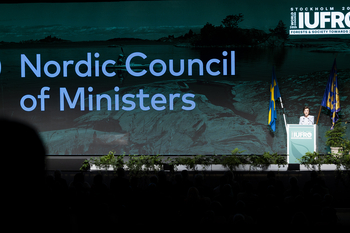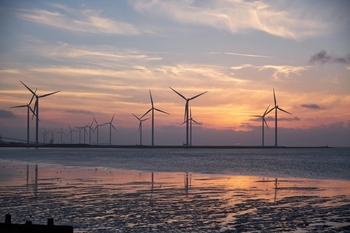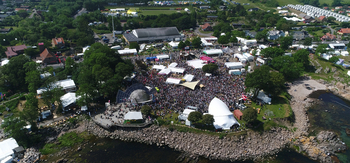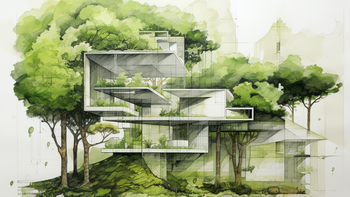Faroese seaweed and Norwegian enzymes at Bioeconomy Summit
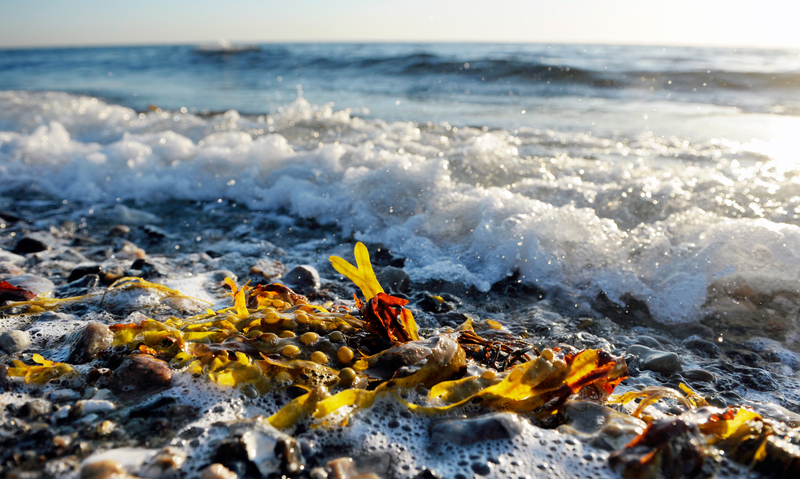
The summit in Berlin brings together leading scientists and stakeholders to identify the biggest challenges and most innovative technology.
The Nordic Council of Ministers and the government of Argentina are co-hosting a workshop on the "blue bioeconomy", in other words how to use biomass found in our seas as part of the transition towards a sustainable society.
Cultivated seaweed is purer
Under the heading “Blue Growth: Seizing new opportunities for a sustainable future” speakers including Ólavur Gregersen from the Faroe Islands will report on the positive impact large-scale cultivation of macroalgae can have on the marine environment.
Macroalgae counteract both carbon dioxide and eutrophication by nitrates from land-based agriculture.
Ólavur Gregersen’s company, Ocean Rainforest, grows seaweed on a large-scale off of the Faroe Islands. It is sold to the food and feed industries but can also be used to produce fossil-free packaging materials.
Economies of scale
“The fact that we grow our seaweed some way off the coast means that we can produce large volumes – and that makes our example interesting at international level. The development work has been conducted in close collaboration with a range of research institutions that transcend areas of speciality as well as national borders, and is a prime example of innovative Nordic co-operation,” Gregersen says.
Professor Margareth Øverland of the Norwegian University of Life Sciences is also attending the summit.
She conducts research into the development of new ingredients for feed for both cattle and fish farms from renewable resources such as seaweed and tree biomass.
“The food supply of the future will require the sustainable production of animal feedstuffs. Specifically, I will be talking about how to produce high-quality proteins from tree biomass and seaweed using advanced biotechnology such as microorganisms and enzymes,” she says.
Nordic Region in the world elite
According to Professor Øverland, the Nordic Region is part of the world elite in the economic and technical development of aquaculture. This puts the Region in a strong position to make biomass an important part of the green transition.
“The Nordic Region is also full of forests and long coastlines, off of which we can grow seaweed as a renewable form of biomass,” she adds.
The third Nordic speaker at the workshop is Hörður G. Kristinsson, of the Matís ltd, the Icelandic Food and Biotech R&D; company and chair of the Nordic Bioeconomy Panel.
He will talk about how the Icelandic fishing industry is developing into an effective, high-technology business and strives to make the most of the resources extracted from the sea.
Nordic strategy on the way
Working together to develop the Nordic bioeconomy has been a key point in several of the annual programmes for the Presidency of the Nordic Council of Ministers in recent years. The Nordic Bioeconomy Panel has drawn up a proposal for a joint Nordic bioeconomy strategy, which will be presented this summer.
- Watch a short video about the Global Bioeconomy Summit 2018
